
OR
RJPN’s election boycott
Without getting into the validity of the demands put forward by the Rastriya Janata Party Nepal (RJPN)—and some of them might be genuine—the party’s decision to boycott and disrupt the second phase of local election on June 28 is wrong. As we have repeatedly said in this space before, if some political agendas simply cannot be resolved among established political actors, despite repeated attempts, the only viable alternative in a democracy is to go to the people with those agendas. If the RJPN really believes that its demands resonate in Tarai-Madhes, why not put its faith to test? It is in fact hard to understand what the party will achieve by boycotting the second phase. If its calculation is that a big segment of Madhesis will support its boycott, it is mistaken. This is not to suggest the party does not have any support. Far from it. There are specific pockets, especially in Province 2, where it still enjoys sizable backing. But since the vast majority of Madhesis seem to be in favor of the June 28 vote, as per various opinion polls and on-field reporting, this strategy of boycott and disruption could backfire.
Particularly so when the two biggest party in Tarai-Madhes have agreed to take part in the second phase. If most of the people in the region plump for one of the Big Three or for these two Madhesi parties, as seems likely, the RJPN will face an existential crisis. The only remaining option for it then would be to join hands with extremist forces in the region, which, under no condition, will be in RJPN’s favor. This is because those who subscribe to these extremist beliefs already see the six parties that now form RJPN as discredited forces that cannot be trusted. Joining the ranks of these extremists will also badly discredit the RJPN as a democratic force. The other obvious reason the party has declined to take part in the second phase could be the belief that it would be suicidal to go to the people without a credible ‘face saver’ from Kathmandu. But since its leaders have repeatedly shifted goalposts, it has been hard for common folks to work out what such a face saver might entail. For instance, the new government was ready to amend electoral laws to give the RJPN enough time to resister with the Election Commission; the ruling coalition was also positive about meeting its demand for a unique electoral symbol. Yet the RJPN leaders were seemingly in no mood for compromise.
If the ruling parties were in a position to amend the constitution and meet the federal and local level demarcation demands of Madhesi outfits, then, perhaps, their insistence on prior constitutional settlement could have been justified. But the ruling coalition simply doesn’t have the two-third votes in parliament for the purpose. In this situation, it would have been wise of the RJPN to accept this fait accompli and to go to election with its unmet agendas. Yet by choosing the path of confrontation and violence over democratic elections, the party has boxed itself in a very tight corner. Its experienced leaders should reconsider while they still have time.
You May Like This
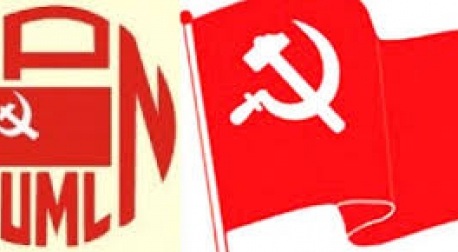
UML, Maoists seek middle path for unification
KATHMANDU, April 5: Prime Minister KP Sharma Oli has said that the planned unification between UML and CPN (Maoist Center) would... Read More...

On Mao’s path
There is now little doubt that the cadres of ruling CPN (Maoist Center) were involved in tearing of ballot papers... Read More...

On Mao’s path
There is now little doubt that the cadres of ruling CPN (Maoist Center) were involved in tearing of ballot papers... Read More...

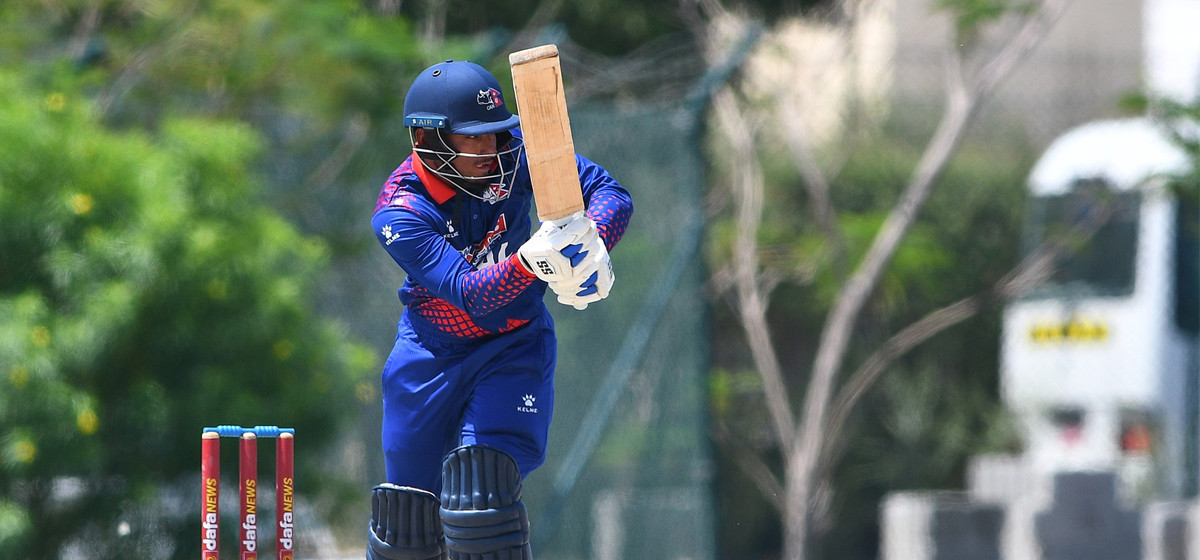
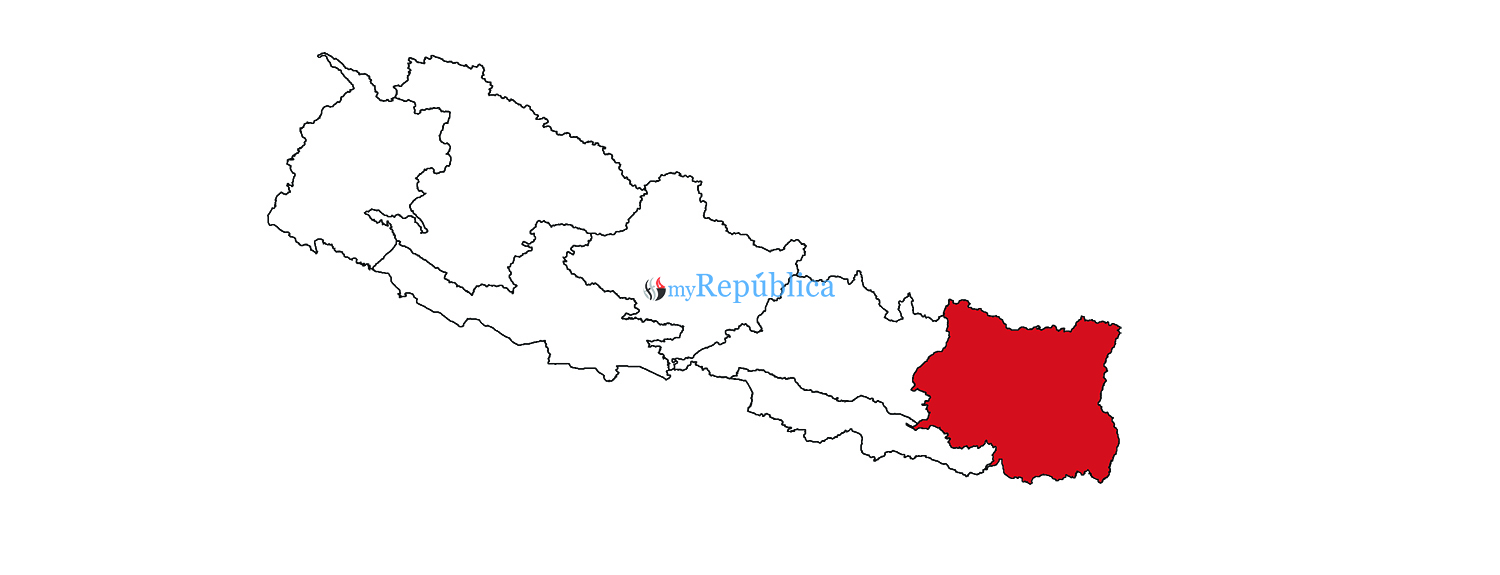

Just In
- Rupandehi District Court orders to release Dipesh Pun on a bail of Rs 400,000
- Teachers’ union challenges Education Minister Shrestha's policy on political affiliation
- Nepal sets target of 120 runs for UAE in ACC Premier Cup
- Discussion on resolution proposed by CPN-UML and Maoist Center begins in Koshi Provincial Assembly
- RBB invites applications for CEO, applications to be submitted within 21 days
- Telephone service restored in Bhotkhola after a week
- Chemical fertilizers imported from China being transported to Kathmandu
- Man dies in motorcycle accident in Dhanusha









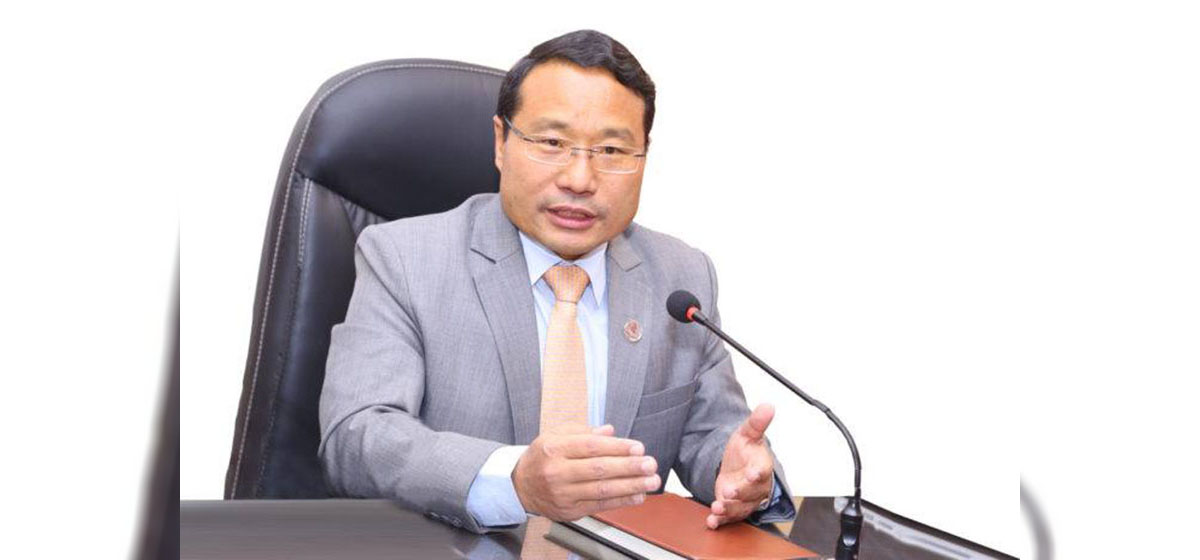


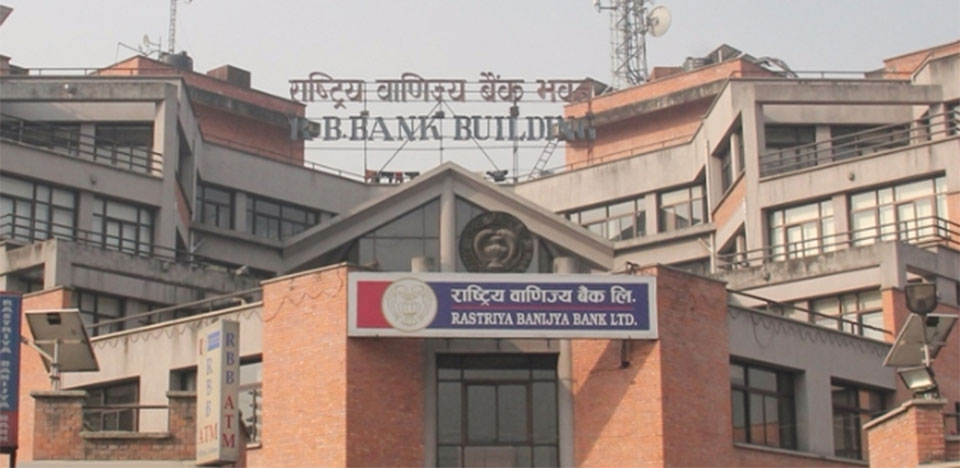


Leave A Comment